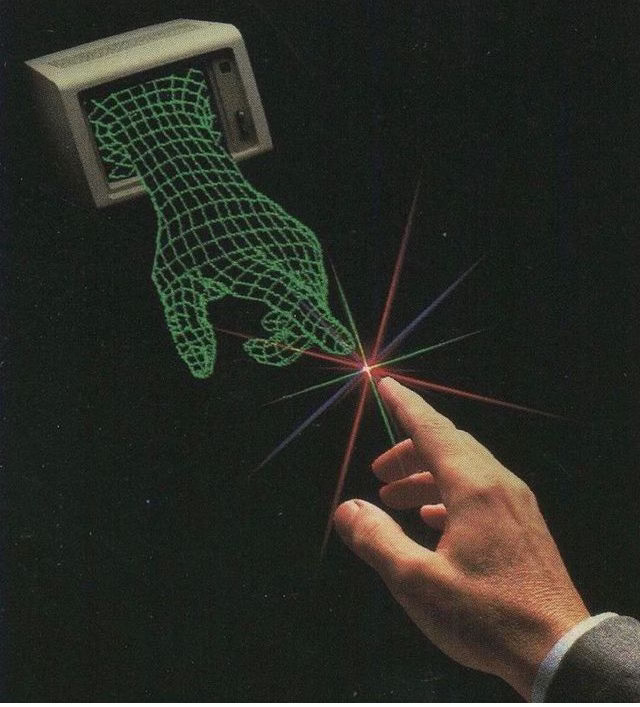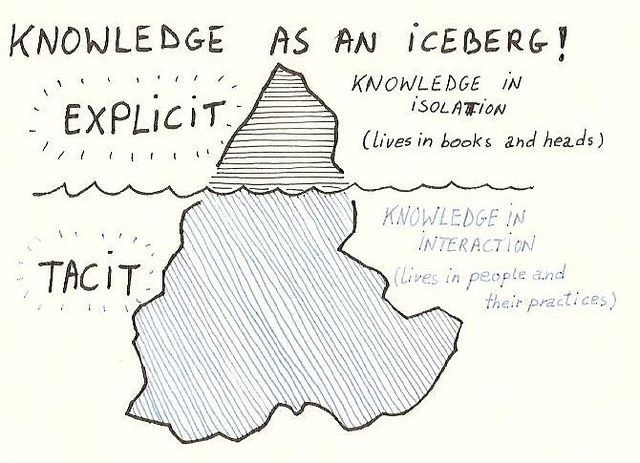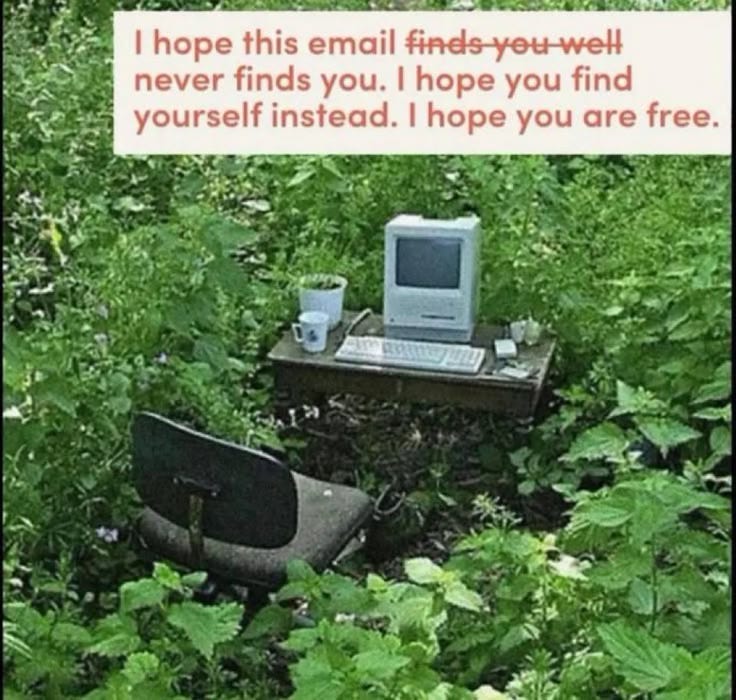Life Skill No. 3: Be Better than AI
AI is the engine, but you are the spark.
Are you smarter than AI?
Maybe. Maybe not.
ChatGPT scored in the 90th percentile for the bar exam, got perfect 5’s in AP Calculus, Physics, U.S History, Biology, and Chemistry. It passed the qualifying exam to become a neurosurgeon, and it aced the written exam to become a Certified Sommelier.
I can’t do any of those things right now.
After reading Co-Intelligence, Professor Ethan Mollick’s book on AI, it dawned on me that AI is infinitely better than me at many cognition tasks I use all day at work— memory recall, synthesis, research, and problem-solving— and while this is terrifying, it’s also true, and it would be a useless endeavor to try and fight it.
Our job now as humans is to understand what AI cannot do, and to nurture and invest in those aspects of self.
To understand AI’s limits and shortcomings, first, we must understand how it works. The most advanced type of AI, called Large Language Models (LLMs), are created with powerful computers, loads of training data, and a total cost of over $100 million.
Once LLMs are trained, they function like a super version of the “autocomplete” function on our phones. But instead of guessing what we’re typing, AI predicts the next token in a sequence via hundreds of billions of patterns it’s been trained to recognize. Essentially, they’re extremely talented pattern-matching machines.
So, the secret to being better than AI is to stop trying to compete as a pattern-matcher, and rather, to be the one who creates the pattern. Remember, today’s AI can only generate what it’s already seen, so it fails at net-new creation. AI cannot build from scratch. It can’t have creative breakthroughs that rain from the heavens. It cannot go where no one has gone before.
AI may be the best worker, but it will never be the genius. That’s what we humans do best. This is the analogy I like to use. AI is like the powerful engine of a car, capable of speed that humans don’t have, but it still needs a spark to ignite combustion. A spark may be tiny compared to the output of an engine, but it’s the trigger for transformation, turning chemical energy into motion. Sparks are ideas, breakthroughs, and inspiration.
If you want to be better than AI, you must hone your capability as a spark— sparking genius that is beyond pattern recognition, and here’s how you do it.
1. Get weird.
Some people think AI is creative because it excels at “creativity tests” and can out-brainstorm MBAs, but I disagree. Yes, it can come up with startup ideas, write limericks, and marketing copy, but all this output is based on pattern recognition of what’s been produced before.
Plus, when everyone is using AI to write their emails, draft their essays, and structure work projects, it’s the very opposite of creative genius— we get the monotony of sameness. Everything is built on the same structure of reasoning, and this makes it bland, bland, bland. Of course, the work will be serviceable, maybe even excellent, but it risks turning us all into boring, homogenous robots. AI thinking can often be great, but it can never be genius.
To arrive at genius-level, singular, individualistic thinking, you must do the opposite of AI, which predicts the most probable next token, and instead choose your interests weirdly and widely. For instance, as I’ve been writing my next book, which is a big-idea/ business book, I’ve devoured content about plants and animals because it’s what I felt like doing. Still, those stories made their way into my thinking in non-sequitor ways, and a lot of those thoughts are now in the book. In fact, my editor said my chapter about a whale was her favorite.
So, this is my tip. Don’t worry about being practical, efficient, or good enough. AI can do that for you. Instead, prioritize being YOU. Get curious and quirky, and follow your passions, especially if they don’t make any sense at the moment. Forage for mushrooms. Make hand-pulled noodles.. Try taxidermy lessons or aerial yoga. I promise you— the cultivation of your wide and weird interests will make you unbeatable against the predictability and sameness of AI.
2. Get Spiritual.
I asked ChatGPT how it thinks about creativity, and this is what it said:
I’ve been trained on vast amounts of text—books, articles, stories, code, poems, conversations. So when I generate something creative, I’m essentially recognizing patterns, connecting ideas across domains, remixing language and structure in novel ways. It’s less like a flash of inspiration, and more like an advanced kind of idea cross-pollination.
I hate this definition of creativity. There’s no magic or heart. I personally subscribe to a definition of creativity that dates back to the Romans, and likely even earlier. Creativity and inspiration are not traits we possess but forces that visit us, and then it’s our responsibility to be their channel.
Creativity comes from thin air, spirit, pure consciousness itself. It’s not the product of some training data. It’s the soul in action. When I’m actively writing books, I get there through what I call the 3 S’s: Stillness, Solitude, and Silence, whether through meditation, yoga, sitting on my PEMF mat, or going on long walks. I make myself a vessel and ask to be filled with inspiration.
In fact, I got the idea for the concept and frameworks in my newest book, AQ, while on an 8-hour plane ride in which I decided not to watch movies, and instead, just be. I read a little. I listened to music. I created space and journaled a bit, and then in the last 4 hours, the ideas poured out of me.
In writing this post, I asked AI to come up with book concepts and titles that resonate with readers who face persistent uncertainty and change. Essentially, I wanted to know if it could come up with as good a book concept as my next book, AQ. It gave me 100, then I asked it to narrow that list down to the best, catchiest, most appealing 10, and this is what it gave me:
Future Shocked
The Certainty Illusion
Chaos Is the New Normal
The Now Frontier
The Optionality Mindset
Signal & Noise
The Infinite Reset
Rehumanize
Think Like a System, Act Like a Human
The Edge of Now
The Certaintly Illusion has potential, but it’s ALREADY A BOOK that was published 3 months ago. I think we can all agree that the rest of the list is comedically bad.
The advice here is simple. Remember that creativity is not pattern-matching or remixing the best of what’s been done before. It’s about tapping into a higher level of consciousness and enabling yourself to feel the spark of genius.
If this spark has been alluding you, these are some go-to sources for cultivating spiritual creativity: Big Magic by Elizabeth Gilbert, The Artist’s Way by Julia Cameron, and, of course, The Karma of Success by me!
3. Get Patient.
AI is instantaneous. It gives you an answer, no matter how complicated the question, in a matter of seconds. The same is true with the internet broadly. For anything we need, we can find the answer right away. While this is efficient, it’s not conducive for the most interesting of pursuits, which must be worked on over a long time.
It’s just a fact that anything important and bold takes time, and this means months or years of dedication. The immediacy of AI thinking chips away at the powers of diligence and resilience we need to become truly great. Because of AI, we’re all learning how to take shortcuts and get faster at our work, but at the same time, we’re also losing our ability to take the slow route, commit to the long haul, and have the patience to keep going even when we want to stop.
I am a firm believer that any person has the talent and intelligence to write a great book, but unfortunately, that’s not all it takes. The most important quality is patience. Books take years and uncountable revisions.
“If you want to be a writer,” the Archbishop Desmond Tutu said, “you are not going to become one by always going to the movies and eating bonbons. You have to sit and write, which can be frustrating, and yet without that you would not get that good result.”
The same thing is true with any meaningful endeavor. You need persistence, resilience, and patience. It will not be instantaneous, and don’t let AI thinking fool you into believing it.
Get weird. Get spiritual. Get patient. These are my early musings, which I’m sure will evolve as AI sinks its teeth even further, but AI notwithstanding, these are essential traits for human genius that have been eroded by our general dependency on tech and screens.
To be clear, I love AI. I’m grateful for it, and I’m already incorporating it into almost everything I do, but with foresight in mind, I’m doubling down on the skills it can never take away from me. Happy genius hunting to everyone, and I hope you always remember that you are the spark.
Until next time,
Liz
Life Skills with Liz Tran is a newsletter archive of ideas and frameworks across business, psychology, spirituality, and relationships that improves the quality of our lives. In each newsletter, executive coach and author, Liz Tran, shares a new Life Skill, brought to life with studies, stories, and ways to practice. Life Skills is a gentle and real-world approach to self-improvement.











This was incredibly insightful. I had a lightbulb moment with the section on “get weird.” With all the info coming from everywhere about AI potentially replacing so many jobs, it was starting to feel like, why even try? This has motivated me in the sense that, as it stands, AI supports what’s already been done and can enhance the efficiency of innovation. But it’s not the source in the way I was thinking about it before.
P.S. I really miss the Reset podcast!
Really lovely article, thanks so much for writing it! I've been thinking about this a lot lately. Your point about being patient is so true - it's really hard to accept that building something great does take time, especially when AI can create something decent in 2 seconds!